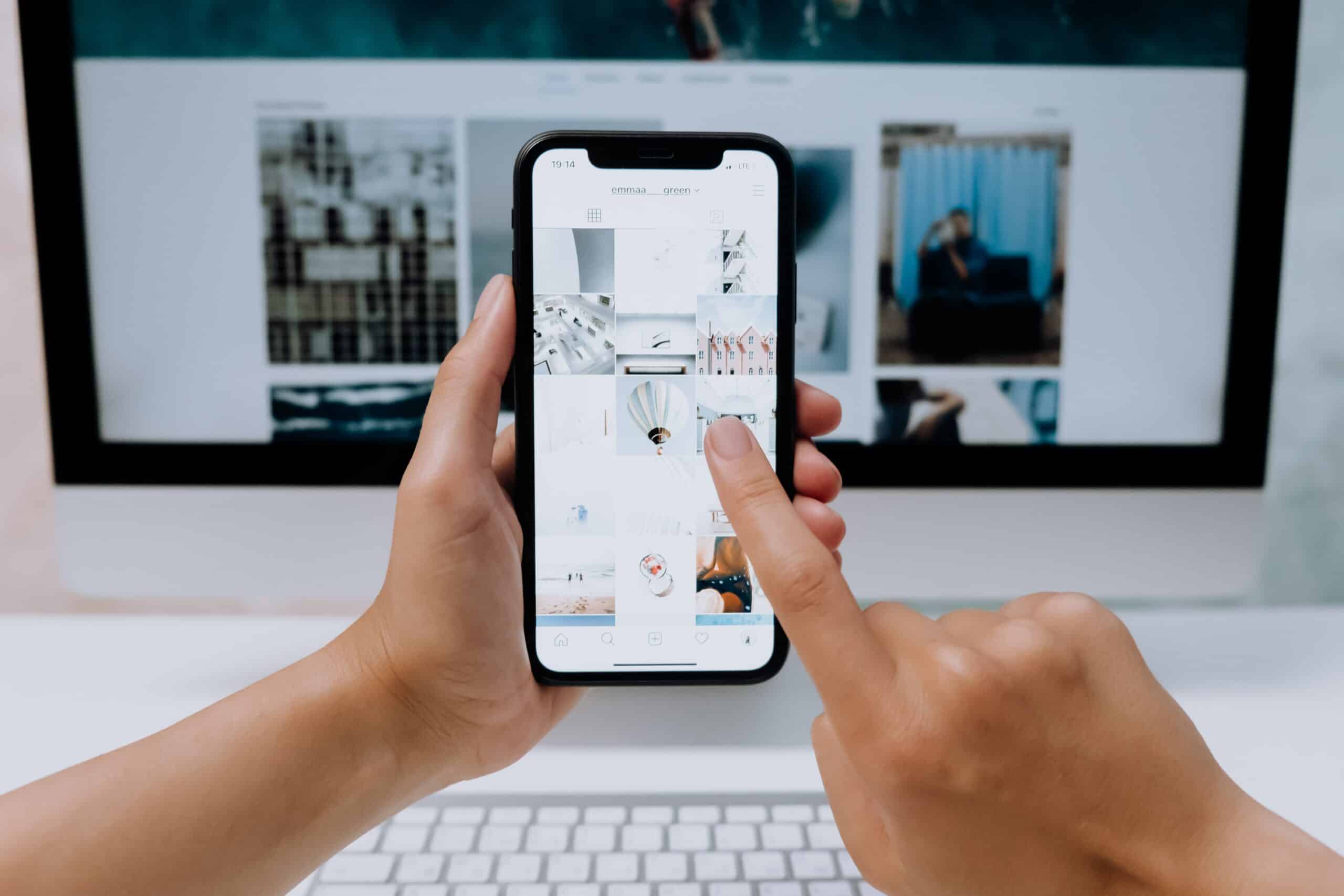
A Win for American Workers: U.S. Department of Labor Expands Overtime Pay Eligibility for Salaried Employees
A Win for American Workers: U.S. Department of Labor Expands Overtime Pay Eligibility for Salaried Employees In a momentous stride towards fortifying the rights of
















